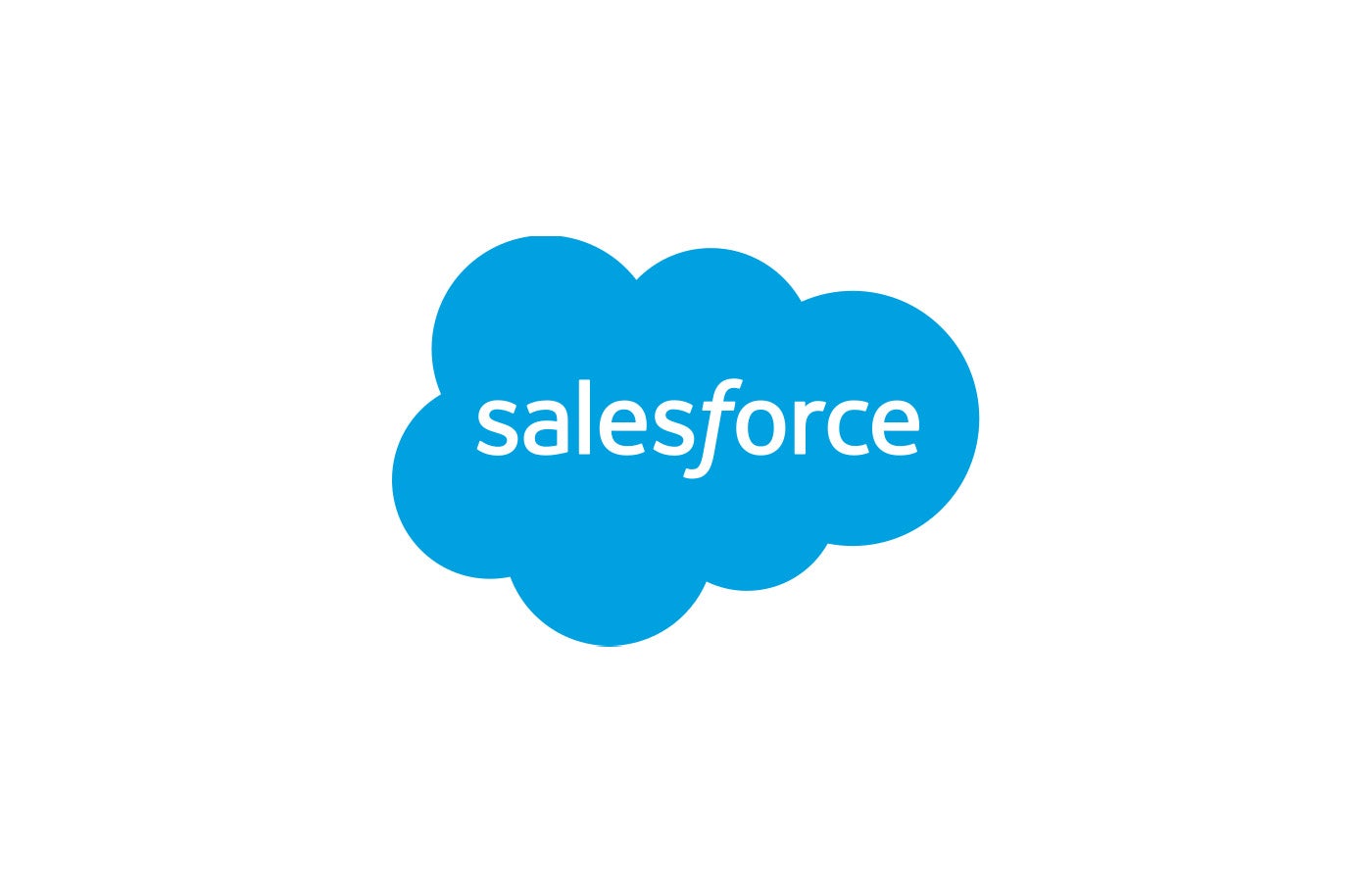Salesforce’s fast factsOur overall rating: 4.07 out of 5 Salesforce pricing: Paid plans start at $25 per user per month, billed annually. Key Features:
Take advantage of Salesforce’s 30-day free trial.
|
Salesforce has carved a niche in the customer relationship management market with its cloud-based platform designed to manage sales, marketing, and customer interactions. Offering an extensive set of products and features, coupled with data analytics and automation capabilities, Salesforce CRM provides a comprehensive suite of tools that enable businesses to capture leads, nurture relationships, close deals and analyze data for future strategies.
Its unique selling points make it a compelling choice for businesses looking to improve relationships, automate processes, and increase profitability, positioning it as an all-rounded tool for scaling customer relationship management.
If you’re concerned about Salesforce’s learning curve, I recommend looking into Pipedrive for its intuitive process building. Additionally, Pipedrive can be implemented into niche industries such as financial services, government and more.
Recommended Alternative: Pipedrive
Featured Partners
Salesforce pricing
Salesforce CRM price ranges from $25 to $500 per user monthly for its Sales Cloud products. It offers five editions that include the Starter Suite, Pro Suite, Enterprise, Unlimited, and Einstein 1 Sales. The basic plan includes essential CRM features, such as contact and lead management, access to its mobile app, and customizable reports and dashboards. Higher tiers allow you to access advanced features like sales forecasting, lead scoring, and an AI-powered assistant.
If you’d like to explore your options before committing to a purchase, Salesforce offers a 30-day free trial.
Compare Salesforce pricing and plans
| Plans | Starter Suite | Professional | Enterprise | Unlimited | Einstein 1 Sales |
|---|---|---|---|---|---|
| Pricing per month* | $25 per user | $80 per user | $165 per user | $330 per user | $500 per user |
| Account, contact, lead, and opportunity management | Yes | Yes | Yes | Yes | Yes |
| Sales forecasting and quotes | No | Yes | Yes | Yes | Yes |
| Opportunity scoring and territory management | No | No | Yes | Yes | Yes |
| Lead scoring and conversation intelligence | No | No | No | Yes | Yes |
| Slack integration | No | No | No | No | Yes |
*Based on annual billing for the Salesforce Sales Cloud plans. Monthly pricing is also available at slightly higher rates.
Who is Salesforce best for?
Salesforce’s versatility and extensive feature catalog mean that it has something for everyone; it’s suitable for all kinds of teams, from small startups to large enterprises. It has packages that are ideal for small businesses and startups needing basic CRM functionalities, while mid-sized businesses are also catered to by plans offering more advanced features. Large enterprises with much more complex CRM needs can benefit from plans that offer extensive customization and robust analytics. These packages are dependent on the editions a business chooses.
The platform’s all-roundedness is underpinned by its ability to provide industry-specific solutions for multiple niche sectors like healthcare, energy, and financial services. Additionally, its cloud-based nature and mobile app make it a go-to choice for remote or on-the-go teams, as well as data-driven organizations that rely on in-depth analytics.
ACADEMY: Become a certified Salesforce professional through this training bundle.
Key features of Salesforce
In this Salesforce review, we evaluated the platform’s extensive list of features that set it apart from its competitors. A few of the most important Salesforce CRM features include:
Contact management
Salesforce’s contact management feature provides a holistic view of customer interactions, including social data for deeper insights (Figure A). This feature is particularly useful for companies that prioritize customer engagement and want to leverage social data for marketing strategies. It allows for easy collaboration within the organization, making it ideal for teams that require seamless communication.
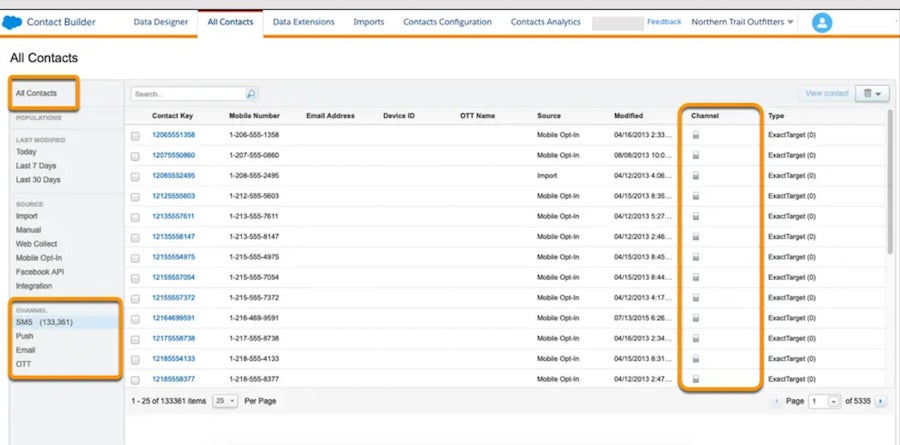
Opportunity management
The opportunity management feature offers a timeline of customer activities and the various stages of a deal, helping businesses strategize their next moves (Figure B). Companies in competitive industries find this feature invaluable for staying ahead of competitors. It even comes with ready-made email templates for efficient client communication.
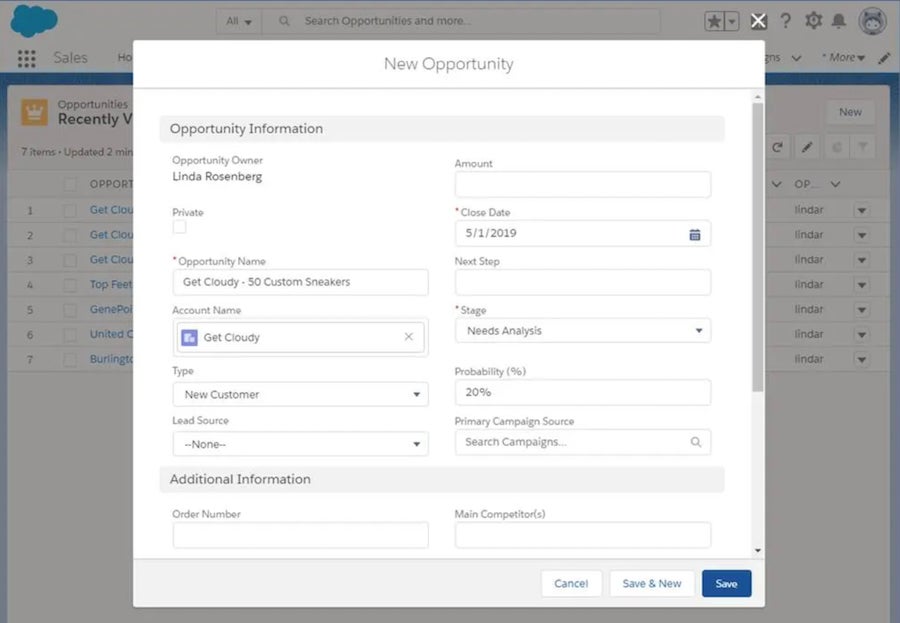
Quote management
Salesforce simplifies the quoting process with its built-in mechanisms (Figure C). Businesses that deal with complex pricing structures will find this feature especially useful as it automates the quote-to-cash process, making it easier to send invoices and collect payments.
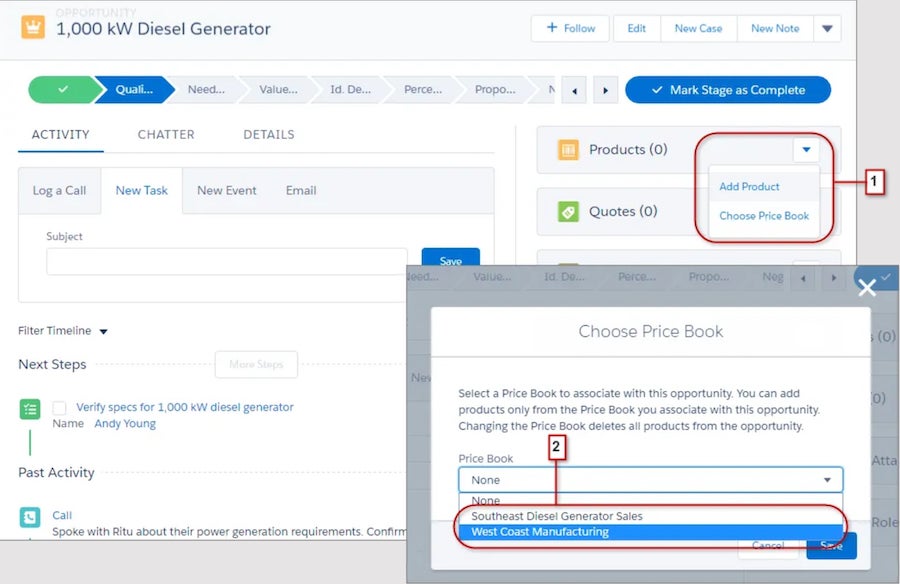
Einstein AI
Salesforce integrates generative artificial intelligence into its platform to make sure customer data makes the most of flexible, predictive, and generative AI tools. Einstein AI natively provides conversational AI across Salesforce (Figure D). Businesses can customize customer interactions using AI-generated content and conversations, like emails and summaries of calls, based on real-time data.
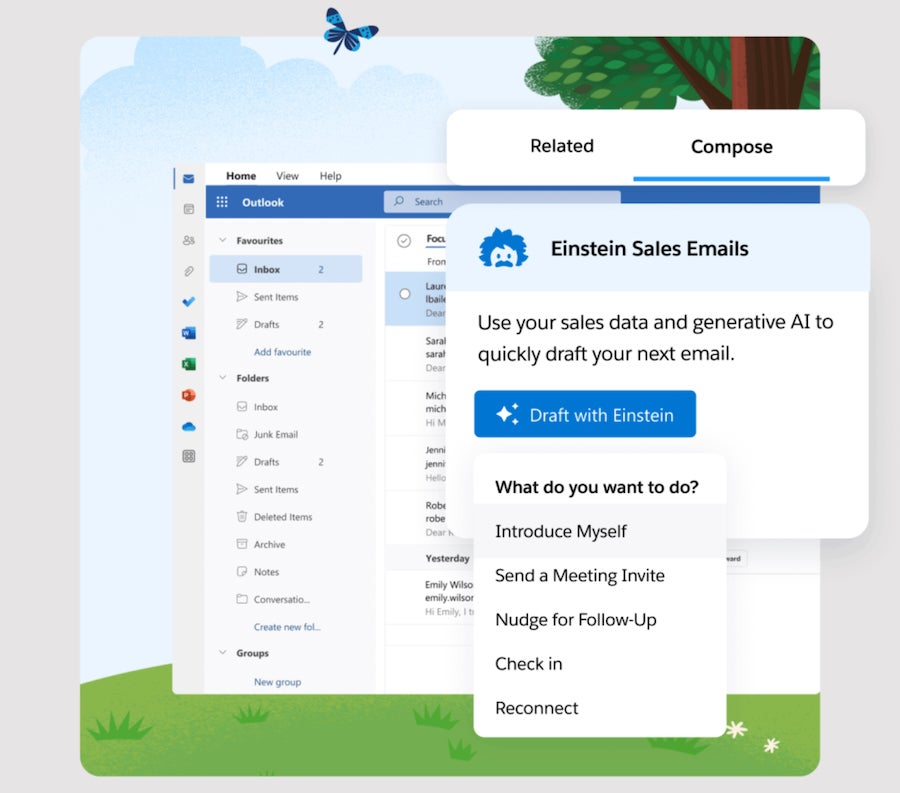
Additionally, Einstein AI powers Einstein Analytics, a tool that provides high-level business intelligence, unlocking complex sales and service insights. For companies with heavy dependence on data-driven strategies, Einstein Analytics will be indispensable.
Mobility
Using the Salesforce mobile app, users can access CRM data anytime, anywhere. They can create and manage events, tasks, contacts, calls, and opportunities (Figure E). In addition, they can view reports and receive custom notifications about their business workflows. However, a lot of Salesforce reviews note that it is not as intuitive as the desktop version of the app and that there are occasional lags in the interface.
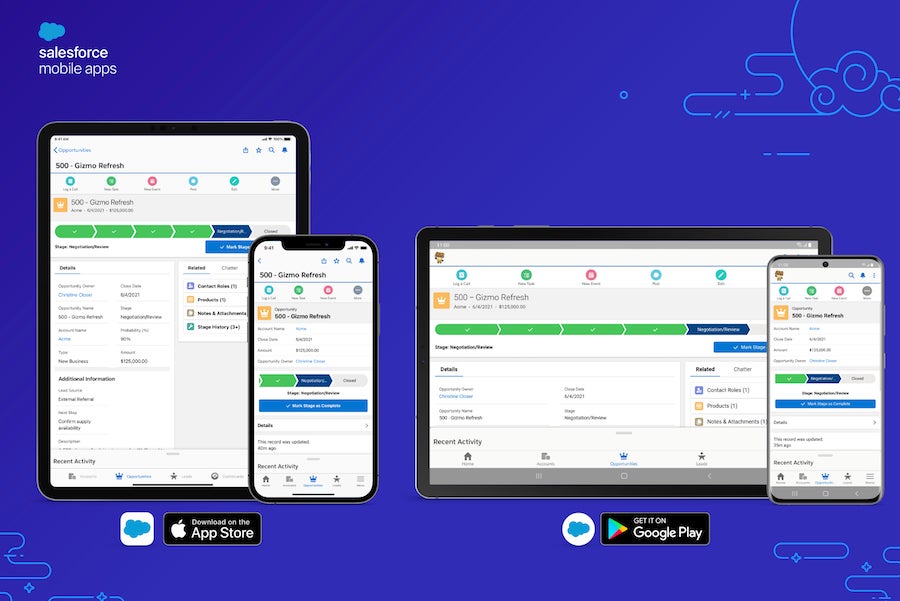
Salesforce customer service
Salesforce offers three levels of customer service under its Success plans. The first one is the Standard plan, which is included in all Salesforce subscriptions. It allows you to access online resources, community support, technical support, and 24/7 phone support for business-stopping issues. If you want to receive priority support, you can subscribe to any of its paid Success plans. Below is a summary of Salesforce pricing for its customer support plans:
- Standard: Free (included in all licenses).
- Premier: 30% of net license fees (includes access to 24/7 chat and technical support).
- Signature: Customized pricing (includes technical account manager).
Einstein AI plays a role in Salesforce’s 24/7 customer support, as it allows agents to be more productive and customers to get help as soon as possible. When you use their live chat (Figure F), the Salesforce Assistant instantly gives you options based on the page you’re on at that specific moment. And if those support options don’t prove to be enough, the assistant offers to connect you to an expert instantly. Plus, you cannot only call Salesforce but also request a call from them.
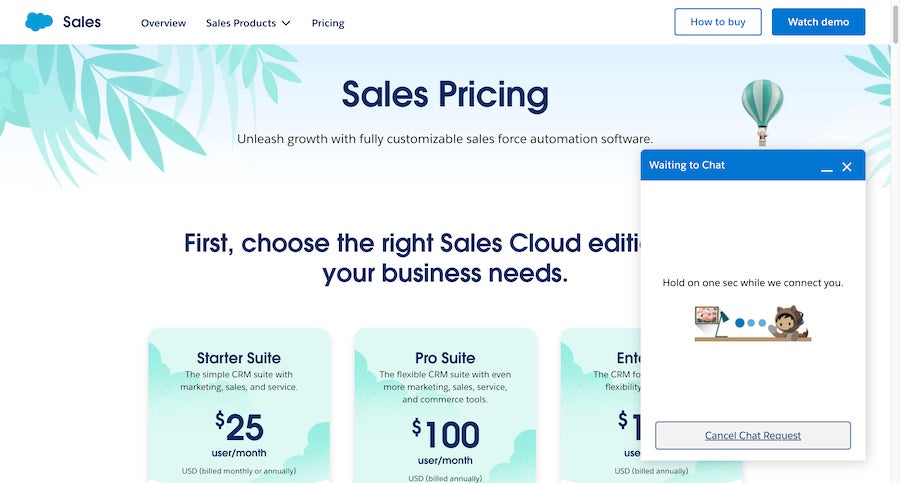
Salesforce ease of use
This Salesforce review highlights this platform’s robust and advanced set of features for sales pipeline management, reporting, order tracking, collaboration, automations, and customizations. Because of this, first-time users can find it overwhelming to set up and navigate. Nevertheless, it provides users with comprehensive self-help resources, tips, and tutorials to help orient them with how its tools are organized and how to maximize its functionalities.
PREMIUM: Here’s how to recruit and hire a UX designer.
Salesforce pros and cons
| Pros | Cons |
|---|---|
| Comprehensive feature set and CRM product catalog. | An extensive catalog of features and products can make Salesforce complex. |
| Great AI and automation features. | Can be expensive for small businesses. |
| Highly scalable and integrable platform. | Steep learning curve for advanced features. |
Salesforce alternatives
Even though Salesforce is an extensive, all-in-one CRM tool with impressive features, it’s unlikely to be everyone’s CRM choice based on factors like pricing, scale, product focus, and more. After reading this Salesforce review and you think that it doesn’t meet your business’s needs, you can consider Pipedrive, Zoho, and HubSpot as alternatives.
SEE: Check out how Salesforce compares to Microsoft Dynamics and Act! in their head-to-head reviews.
| Features | Salesforce | Pipedrive | Zoho | HubSpot |
|---|---|---|---|---|
| Pipeline management | Yes | Yes | Yes | Yes |
| Third-party integrations | 3,000+ | 300+ | 500+ | 500+ |
| Mobile app | Yes | Yes | Yes | Yes |
| AI-powered assistant | Yes | Yes | Yes | Yes |
| Customization | High | Medium | High | Low |
| Free trial | 30 days | 14 days | 15 days | 14 days |
| Free plan | No | No | Yes | Yes |
| Starting price for paid plans* | $25 | $14 | $14 | $18 |
* Pricing is based on annual per user subscription plans. Monthly pricing may also be available at slightly higher rates.
Pipedrive
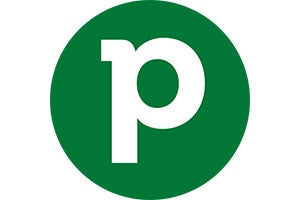
Pipedrive is a CRM system that focuses on visualizing sales processes. Its users can manage customer journeys and lead pipelines and customer journeys. They can also introduce automation into their repeatable tasks, and perform tasks efficiently through an AI-powered assistant similar to Salesforce’s Einstein AI tool.
Pipedrive is fitting for project managers who need an end-to-end view of their sales activities. It offers fewer integrations compared to Salesforce but comes at a more affordable starting price of $14 per user monthly, with the highest-priced plan coming in at $99 per user monthly, both billed annually.
SEE: Check out this in-depth comparison of Pipedrive and HubSpot.
Zoho CRM
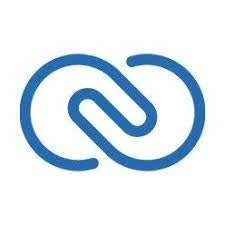
Zoho is a budget-friendly CRM with basic features suitable for small to medium-sized businesses. While it doesn’t offer as many third-party integrations as Salesforce, it covers all the essential CRM functionalities. Zoho is a good option for businesses that need a simple, straightforward CRM solution without the complexity and cost of Salesforce.
HubSpot
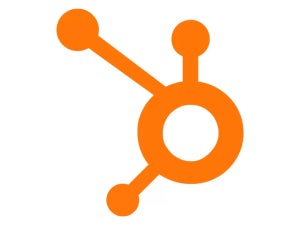
HubSpot is known for its integrated marketing tools along with CRM functionalities. It offers a range of third-party integrations and an AI-powered assistant, similar to Salesforce. However, HubSpot’s customization options are limited, making it less flexible for businesses with complex CRM needs.
SEE: For a more detailed comparison, read our full Salesforce vs. HubSpot review.
How we evaluated Salesforce
For this Salesforce CRM review, we used our in-house scoring tool to evaluate the product and its key offerings. This tool examined Salesforce pricing and other criteria that we deem crucial when assessing a CRM provider. We also referenced Salesforce’s website and blogs to learn more about its listed features. In addition, we factored in the most recent Salesforce.com reviews from reputable sites and our firsthand experience.
The weighted criteria we used to score Salesforce are:
- Cost: Weighted 25% of the total score.
- Core features: Weighted 25% of the total score.
- Customizations: Weighted 20% of the total score.
- Advanced features: Weighted 10% of the total score.
- Ease of use: Weighted 10% of the total score.
- Customer support: Weighted 10% of the total score.
PREMIUM: To get guidelines on how to choose CRM software, check out our Feature Comparison: CRM Software and Services resource.
Frequently asked questions
Is Salesforce the No. 1 CRM?
Yes. Salesforce is the No. 1 CRM according to the Worldwide Semiannual Software Tracker released in November 2023 by the International Data Corporation (IDC). At 22.1%, it has the biggest revenue market share worldwide.
Why is Salesforce CRM so popular?
Salesforce is popular because of its comprehensive CRM solutions that offer advanced features and a robust ecosystem of business and work management apps. While it has a steep learning curve for beginner-level users, this is balanced out by its detailed guide articles and tutorial videos. Moreover, it continues to innovate and add new features to cater to the changing demands of its target users.
Is HubSpot better than Salesforce?
In terms of usability, HubSpot definitely ranks higher than Salesforce because of its simple interface that requires little or no learning curve, even for absolute beginners. Salesforce, on the other hand, needs at least a mid-level technical experience to set up and navigate with ease. However, when it comes to advanced features like reporting and analytics, Salesforce is superior to HubSpot.
